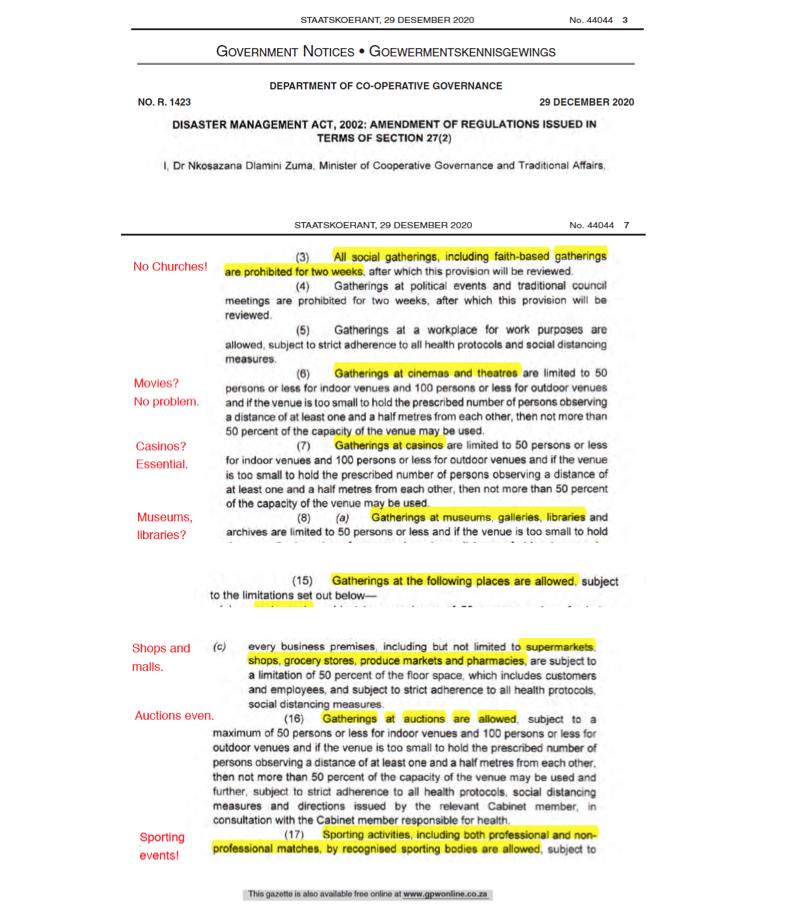The Song of Solomon could save, strengthen, and sweeten many marriages. It is full of wisdom and pleasure to that end as the intent of it’s author, King Solomon, son of David who was probably describing marriage with his first wife. Preachers should use the Song as it was written and understood by its author as wisdom literature for marriage. But the Holy Spirit also inspired this lengthy poem to show us the beauty of Christian salvation.
1. Title: The Song of Songs means that this song is the best of all songs.
The Song of Songs, which is Solomon’s.
Song 1:1
Since Solomon wrote 1,005 songs, this one is better than all the others (1 Kings 4:32). The best of all songs must have the best subject matter, and there is no matter greater than God’s love (1 John 4:8, 16). More than that, the same love that holds between the Father and the Son is that with which the Lord Jesus Christ loves His bride (John 17:23).
2. Text: The actions and affections of the poem match those ascribed in the NT to Christ and the Church.
This reason bears the most weight because in it are discussed the actual words that were inspired by the Spirit. What does the text say? Certainly, there is a real marriage in the words, but are the the teachings of the NT regarding sinners being saved by their Lord also not brought to mind?
The actions of the bride:
- She responds to him. 1:4
- She adores him. 2:16-17; 6:2-3
- She thinks of him. 3:1-5
- She clings to him. 3:4
- She desires him. 4:16; 8:6
- She rejects him. 5:3
- She seeks him. 5:6
- She praises him. 5:10-16
She is delighted by his:
- Appearance
- Presence
- Love
- Works (Like his house 1:17; orchards 2:3-15; military 3:7-8; crown 3:11)
The actions of the groom
- He comes. 2:8; 3:6, 17; 8:14
- He sees only beauty. 1:8
- He pursues and takes her. 1:2-4; 5:1
- He affirms and encourages her. 4:1-15
Try replacing “She” and “He” in all the lines above with the Church and Christ. Can you not find cross references immediately in the NT for these? Do these not parallel the saving work of Christ and the process of conversion?
A metaphor is a word that links two ideas at the same time. The sun is both a star that lights our planet as well as the Messiah (Mal. 4:2). We know something is a metaphor by the real connection between the ideas. Our language has a rich collection of terms for the comparison of ideas: allegory, symbol, figure, picture, or metaphor. This is a common method of communication in Scripture, but even more so in poetry. God is a Rock, a Fortress, a Father, and a King. The real and often immediate connection that our minds make between objects reveals the metaphors.
Jesus is often revealed in metaphors throughout Scripture. Isaac Watts wrote 100 lines of poetry listing different metaphors for Christ used in Scripture. Here are the first four lines of one of the poems.
The whole creation can afford
But some faint shadows of my Lord;
Nature, to make his beauties known,
Must mingle colours not her own.
Watts’ then lists 27 different things found in life and nature that Scripture compares to the Lord Jesus. Why should we not see in the real marriage of the Song His love for His chosen race?
3. NT: All marriages were created to picture Christ and the church.
Christ is certainly the Great Bridegroom as at least 5 different books of the NT portray (Matt. 25:1; Rom. 7:4; 2 Cor. 11:2; Eph. 5:32; Rev. 19:7; 21:2).
- Proposition 1: Solomon had a marriage with the Shulamite in the Song.
- Proposition 2: Each and every marriage pictures Christ and the church (Eph. 5:32).
- Conclusion: Solomon’s marriage in the Song pictures Christ and the church.
4. Eternity: Scripture’s fullest meaning and beauty will be seen and admired in Heaven.
In Heaven, there will be no marriage bonds except that between Christ and His church (Matt. 22:30). Therefore, what could the Song mean to us in Heaven? What beauty will we see in Heaven from this portion of Scripture? Is it possible that this passage of Scripture will have no glory for us in the real land? Was it only a pleasing poem with wise advice for a relatively brief life on earth?
5. Prophecy: Other important parts of Scripture have a double fulfillment.
- 2 Samuel 7:12-16 predicts both Solomon and Christ.
- Proverbs 8 written by Solomon a few years after the Song refers to both wisdom and the Lord Jesus (see especially 8:22, 30, 31, 32, 35, and 36).
- Isaiah 7:14 predicts both Isaiah’s son Mahershalalhashbaz (cf. Is. 7:14-16 and 8:3-4) and the virgin birth of Christ.
- Isaiah 14 predicts both the king of Babylon and Satan (14:12-15).
- Matthew 24 predicts both the destruction of the temple in 70 AD and the Second Coming (24:15-31).
We can tell a revelation has a double fulfillment if the details require two fulfillments or if the NT has a second fulfillment.
6. History: Some of the greatest men in history saw in the Song Christ’s love for the Church.
- Charles Spurgeon preached 63 sermons on the Song—more than Galatians, or Philippians or 1 Timothy, or 1 and 2 Peter. He devoted six sermons alone to the words in 2:16, “My Beloved is mine, and I am His.”
- Bernard of Clairvaux preached for 20 years on the Song.
- Many (all?) of the Puritans found in this book mutual Christian love—Richard Sibbes, Samuel Rutherford, John Owen, etc.
- When Jonathan Edwards was converted around 19 years old he wrote, “The whole book of [The Song of Songs] used to be pleasant to me, and I used to be much in reading it, about that time [of my conversion]; and found, from time to time, an inward sweetness that would carry me away, in my contemplations… on Christ, on the beauty and excellency of his person…” (Murray, 36).
- Matthew Henry thought it was “a very bright and powerful ray of heavenly light, admirably fitted to excite pious and devout affections in holy souls, to draw out their desires towards God, to increase their delight in him, and improve their acquaintance and communion with him.” (Introduction to his commentary)
- Hudson Taylor wrote a book, Union and Communion with Christ based off the Song.
Do we know more than these giants?
7. The Song describes the experiences of many Christians.
This reason would have no strength if the others were not rooted in the grammar and context of the words of the book itself. But if the other reasons are valid, then this reason may be the most compelling.
Have you never experienced such testimonies in your Spirit of Christ’s love so that you could say knowing Him was greater than life, more substantial than your wife’s affection, and more pleasing than any excitement or thrill on this earth? Is this not what the apostle Paul prayed for the Ephesians in the third chapter that they might know the love of Christ which passes knowledge? That they might be filled up with all the fullness of God?
Has His Spirit born witness with your Spirit that you are a child of God? Have you some understanding of David Brainerd’s breathless wonder at the greatness and glory and love of God for sinners such as he found when walking in the forest as a young boy or when praying for the Indians in the snow before his early death?
If you have felt this great love of God, then don’t you long to see this kind of glory all through Scripture?
Conclusion
The Song of Solomon should be used in marriage counseling regarding communication, devotion, problem-solving, affirmation, and physical intimacy.
But the wonder of this revelation has a second and more glorious purpose. Through these pictures and emblems, we see the mutual love shared between the husband and wife of that marriage planned before the foundation of the world.











